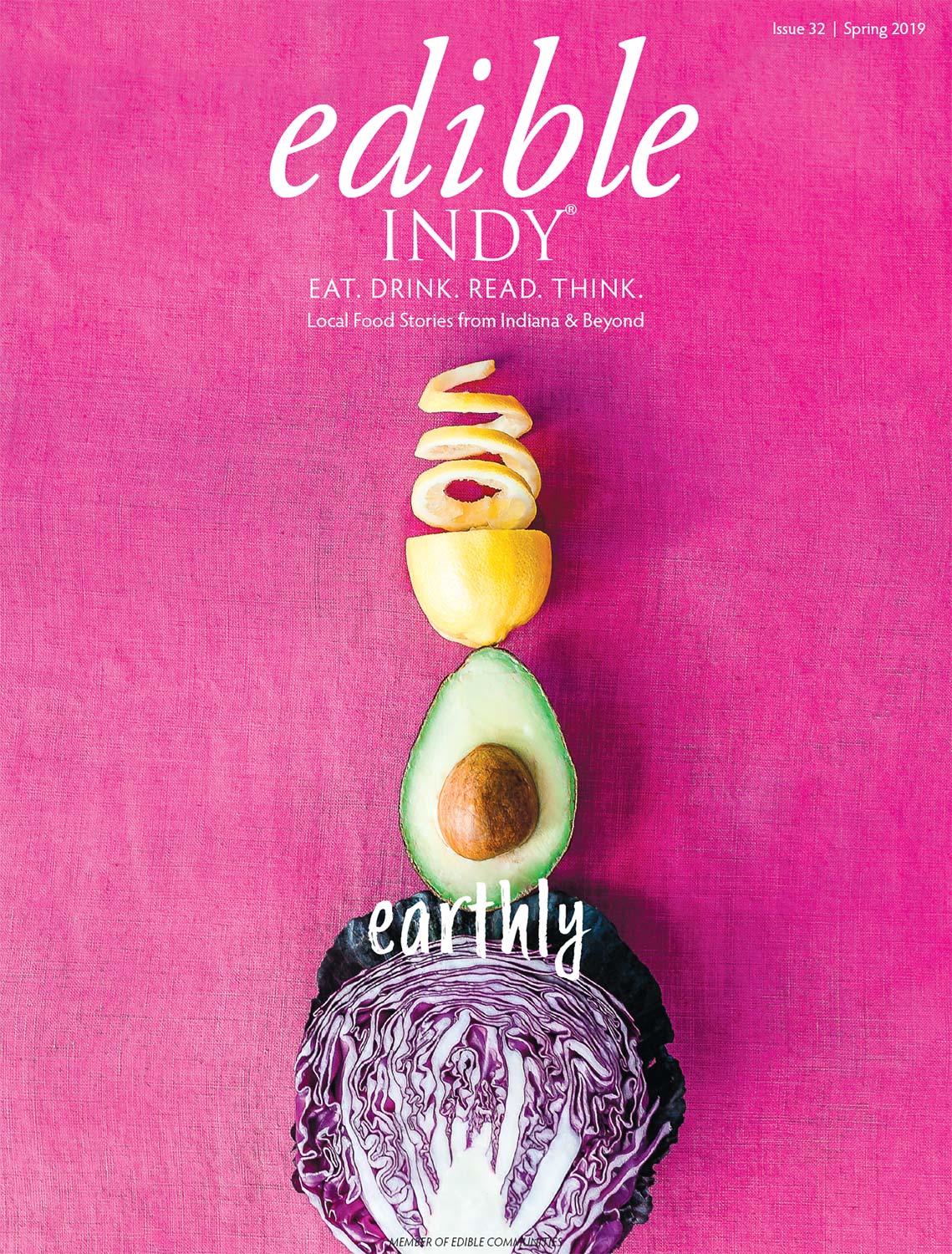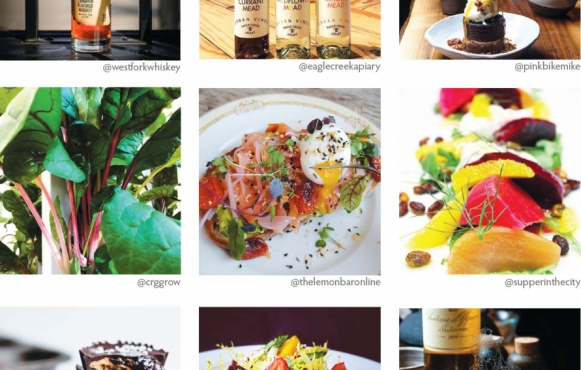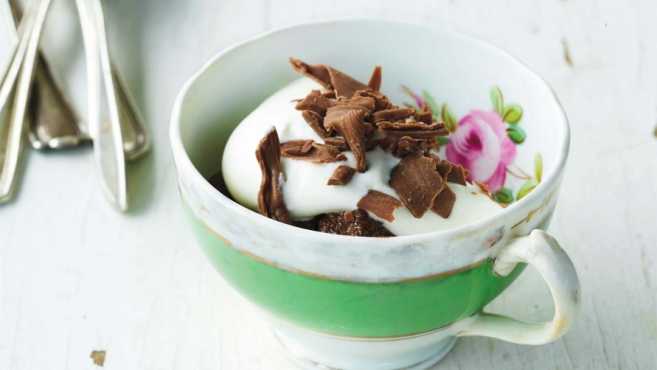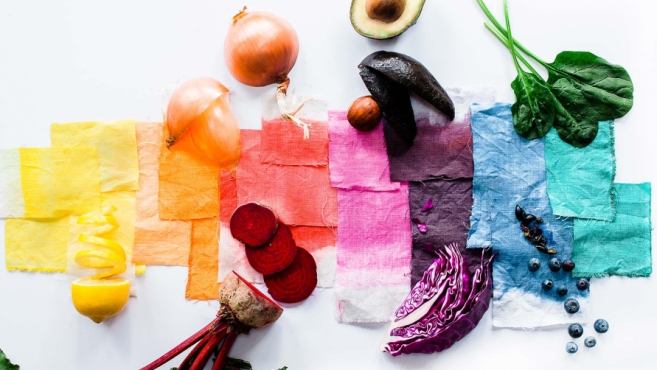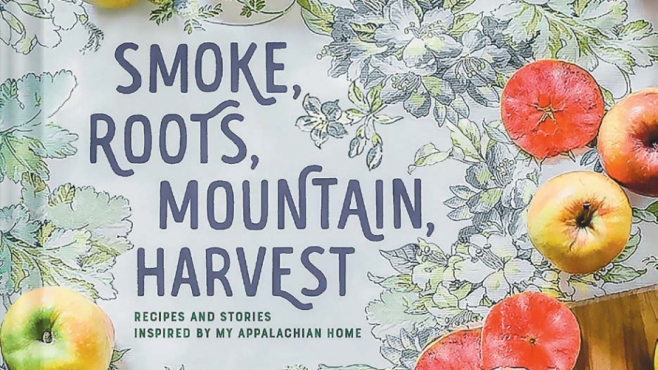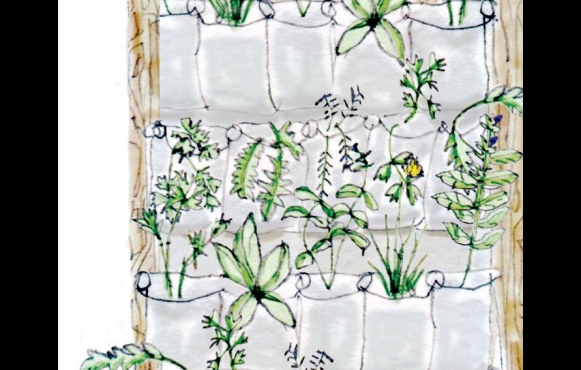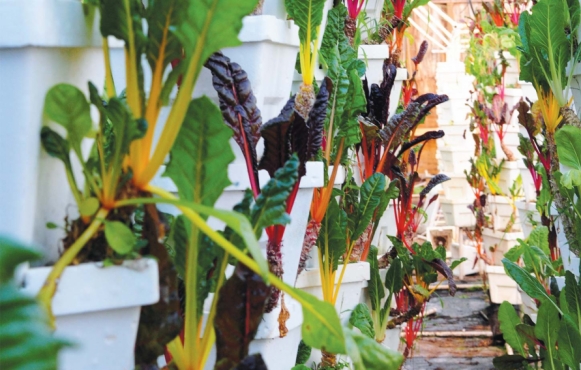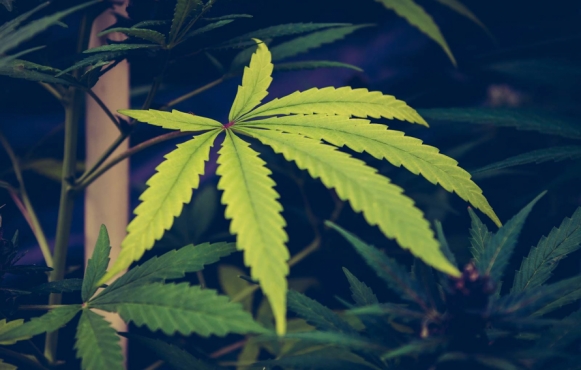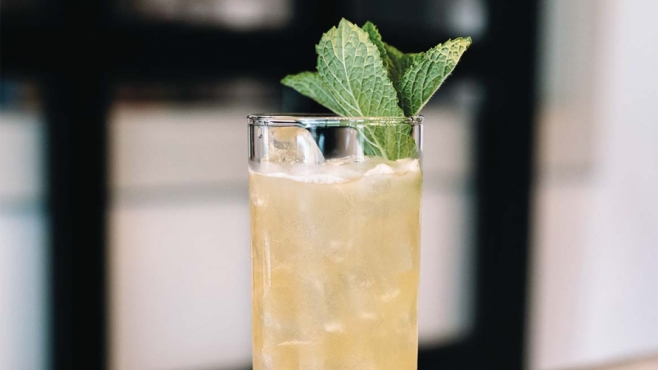In Issue #32
HOOSIER THOUGHTS
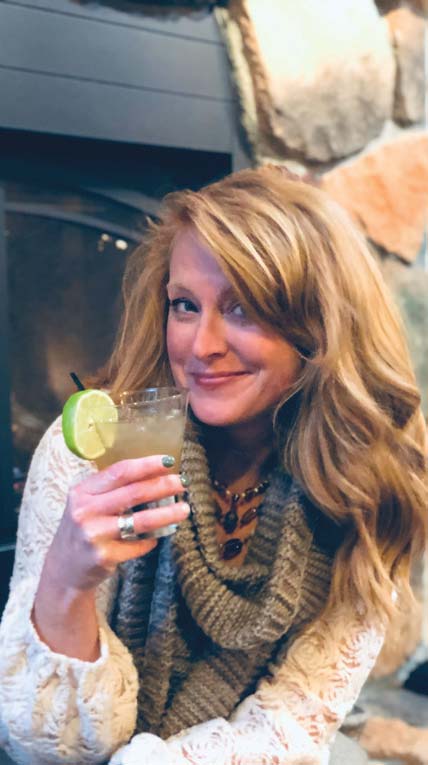 Good people. Community. Storytellers. Food advocates.
Good people. Community. Storytellers. Food advocates.
Whether this is your first time or your 32nd time diving into a fresh, seasonal issue of Edible Indy, it’s important for you to know that this publication is part of a fierce and passionate larger family of publishers (80 strong) who embody these characteristics and build bridges within our communities and beyond. Every one of those publishers (including us) had a life-changing moment that inspired us to reflect upon what our true responsibility is on this earthly world. What is the legacy we want to leave? What kind of change or impact is important to us?
For us, it is telling the emphatic stories of the unwavering people whose blood, sweat, tears, failures and successes give our local food system a voice. The integrity and grit of these hardworking, innovative and steadfast people are leading us to a pivotal point of change not just locally, regionally and nationally, but globally as well.
As we blossom into 2019’s Edible Indy spring season, we promise to give our readers stories that will leave a lasting positive impact on you. We want to be intentional about the stories we discover and tell in order to challenge our communities to be a larger voice of change. In order to make change, we need to be the change.
Hoosier Hugs,
Jennifer & Jeff Rubenstein
FROM THE EDITOR
 Permaculture. The word is a combination of permanent, agriculture and culture to highlight what makes agriculture for the future most sustainable. Make it permanent and a culture unto itself. Its main maxim is to work with nature rather than against it. And its design principles allow for creativity with the land to both embrace its potential and respect its power.
Permaculture. The word is a combination of permanent, agriculture and culture to highlight what makes agriculture for the future most sustainable. Make it permanent and a culture unto itself. Its main maxim is to work with nature rather than against it. And its design principles allow for creativity with the land to both embrace its potential and respect its power.
With spring upon us and 2019 ahead of us, with the environment facing change and, as a result, communities facing change, we can’t think of a better way to start the year than with a reverence for nature and all she provides. Our stories feature local leaders and organizations working hard to make a difference in Indiana for future generations as well as ways you can bring innovation to your home. From how to harness the color in your food waste for creative projects (page 12) to how to build a vertical garden (page 26) to making soup stock with your food scraps (page 14), we offers fun solutions for bringing nature back to life. This year also marks a pivot point for Edible Indy as we tackle subjects like sustainable food and technology; the complexity of GMOs; and what we’re calling “a useful plant emerging from the shadows”—industrial hemp—and how it functions as food, fiber and so much more. Look for these stories from us throughout the year both in print and online.
I’m also excited to share the cookbook Provisions: The Roots of Caribbean Cooking with you (page 6). Michelle and Suzanne Rousseau are sisters and founders of Ciao Bella restaurant in Kingston, Jamaica. Their new cookbook celebrates the cooking traditions of their mother, grandmothers and great-grandmothers, looking at the Motherline for sustenance in these changing times. They put a fresh spin on vegetarian eating while offering a homespun history of Jamaica and island life that makes you feel invited to their table to understand their food traditions. My hope in sharing their story with you: that you’ll be inspired to dig into your own food traditions, or make some new ones; that you’ll start to make permanent the culture you call home.
Eat Well, Love Well, Live Well,
Colleen


